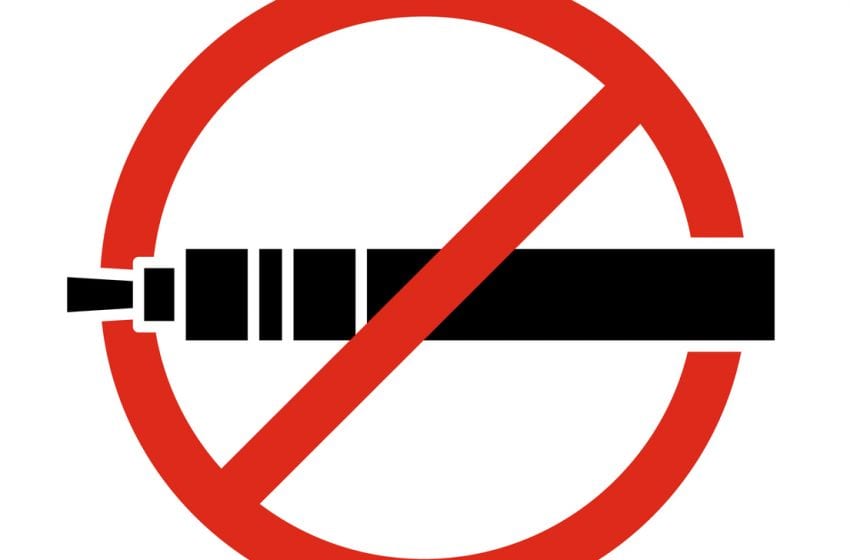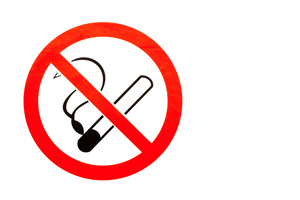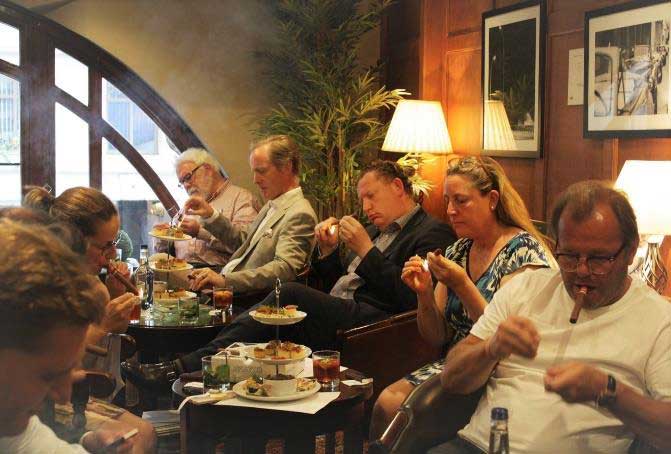Professor Chia Kee Seng, dean of the National University of Singapore’s Saw Swee Hock School of Public Health has warned against smokers switching to heat-not-burn (HNB) tobacco products, according to a story by Lin Yangchen published by straitstimes.com.
The Times indicated that Chia was not impressed by claims that some HNB products delivered 90 percent fewer toxins than did regular cigarettes.
“Ten per cent of a highly toxic product still makes it highly dangerous. Simply put, there is no safe level of smoking.”
Chia said that HNB products and electronic cigarettes, many of which are banned in Singapore but are bought online, continued to make it difficult to achieve the ultimate aim, which was to “de-normalise smoking”.
Chia champions raising the minimum legal smoking age, something that is being considered by the authorities in Singapore.
Studies had shown that people who did not start smoking before they were 21 years of age were unlikely ever to begin. At the same time, the younger people were when they first started smoking, the more likely they were to become habitual smokers.
Singapore should follow Australia and other countries that required the standardized packaging of cigarettes, Chia added, thereby removing the power of branding to give the perception that smoking was acceptable.
The Times reported that the latest slew of changes to Singapore’s anti-smoking policies had come as the government’s drive to get more people to quit the habit and slowed.
Although the incidence of adult smoking in Singapore fell progressively from 23.0 percent in 1977 to 13.3 percent in 2013, it has been stuck at that level since then.










